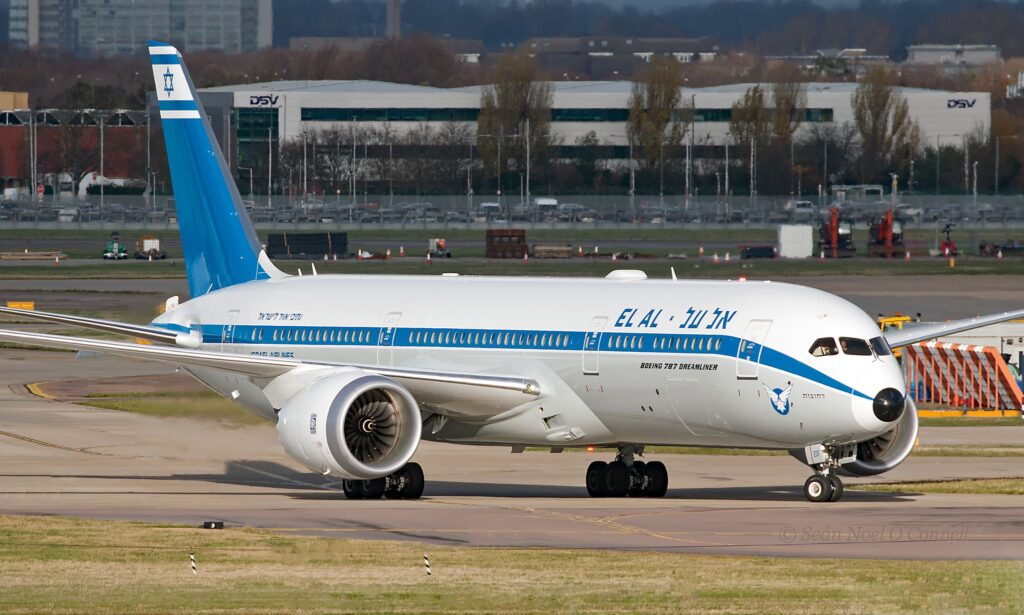Cash-Strapped El Al Israel Airlines Raises $148 Million
TEL AVIV, Sept 16 (Reuters) - Cash-strapped El Al Israel Airlines raised $148 million in a government-mandated share offering on Wednesday that will enable it to receive a state bailout package. In a regulatory filing…
